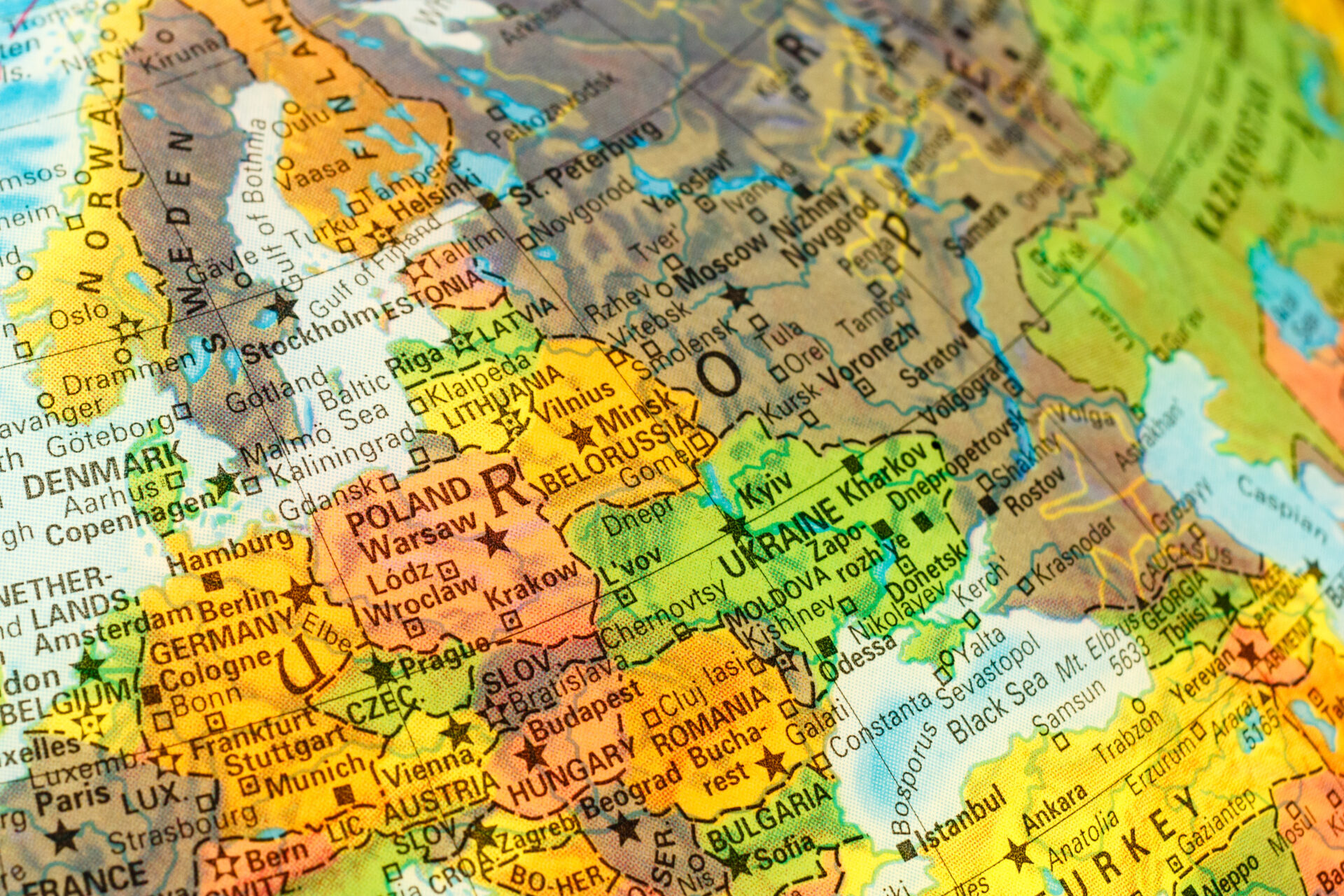Information event with the BMWK - secound part with Belarus, Kosovo and Uzbekistan
On September 2nd, the second part of the 21st information event on government consultation, organised by the Federal Ministry for Economic Affairs and Climate Action (BMWK), took place. After Ukraine, Moldova, Armenia and Georgia had been in the focus on Tuesday, Belarus, Uzbekistan and Kosovo were this time on the agenda.

The event was moderated by Ms Yildiz Götze, Head of Division at the BMWK. Zeno Reichenbacher, Head of Division for Eastern Europe, Central Asia and the Southern Caucasus, and Dr Heinz Hetmeier, Head of Division for European Economic and Structural Policy and Administrative Partnerships at the Federal Ministry of Economics and Technology, gave introductory remarks. As in the first session, the focus on Friday was on the impact of the war in Ukraine on the project countries.
Belarus, where consultancy activities by the German Economic Team with public bodies are currenly suspended, faces sanctions as an ally of the Russian Federation that have a considerable economic impact: Real GDP is expected to fall by 6.2% in 2022. A further slump is also expected for the coming year. In addition, inflation is high and -due to sanctions- foreign trade in decline, especially with countries outside the “Commonwealth of Independent States” (CIS). The negative dynamics are also evident in the sectoral perspective, where the most important industries are showing a decline. The ICT sector is the only sector with a slight positive dynamic.
As during the Corona pandemic, Uzbekistan weathers the crisis relatively unscathed. Although real GDP growth in 2022 is expected to be only 3.4%, significantly lower than in the previous year, the Uzbek economy is still growing more strongly than that of peer countries. Moreover, real growth may be even higher. The global rise in food prices also impacts Uzbekistan with a slight increase in inflation among other things. Overall, however, only minor effects of the war on the Uzbek economy can be observed.
Kosovo’s economy is much more strongly affected by higher import prices for energy and food, which is mainly due to the high dependence on imports for these goods. Inflation is also increasing significantly, while the current account deficit remains high due to higher import prices for food and energy. Overall, growth dynamics have lost momentum, which can be attributed to structural weaknesses that have a particular impact in the current crisis situation. On the other hand, foreign trade is developing dynamically and positively and in trade in services the country has an export surplus.
We thank all participants for their interest in the event. In particular, we would like to thank Mr. Voskanyan and Mrs. Hasani for their respective contributions providing an overview on German investors in Kosovo and Central Asia.
All Economic Monitors can be accessed here.